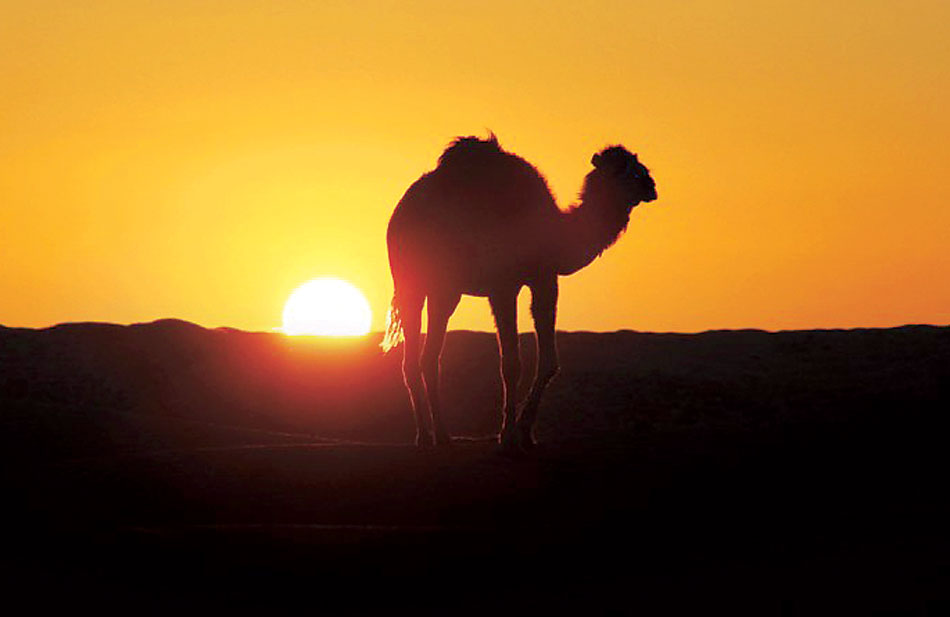

Conrad Prabhu -
Muscat, JAN 30 -
Oman’s Ministry of Agriculture and Fisheries has unveiled a series of ambitious schemes designed to harness the commercial potential of the nation’s substantial camel population in driving the development of a thriving meat, milk and dairy products industry.
Central to this strategy are three initiatives that were unveiled recently for local and international investment.
Project specifics were presented against the backdrop of the Agriculture, Fisheries & Food Investment Oman Forum (AFFIO) held in the city last week.
The largest of these initiatives centres on a proposal for the establishment of a camel farm project underpinned by meat production and milk processing plants and encompassing other aspects of the value chain.
One of the objectives of this project is to support camel breeding as part of a semi-intensive production system as an alternative to traditional pastoral systems prevalent in Oman.
“(It seeks) the gradual transformation of traditional systems into modern sustainable systems in an attempt to generate attractive returns (for breeders),” the Ministry said.
The project aims to capitalize on the estimated 265,000 head of camel owned by farmers and breeders in the Sultanate. Dhofar Governorate is home to around 60 per cent of this number. A feasibility study commissioned by the Ministry envisions a modern farm for raising camels equipped with an automated milking system and other state-of-the-art methods of nutrition and fertility control. Other components include stables for camel fattening, slaughterhouse, meat production and processing plant, dedicated factory for camel milk and milk products processing, and a fodder plant for roughage production. In addition to chilled and frozen camel meat, the project will also produce pasteurized milk and cream, yoghurt and cheese.
Proposed locations for investment in key components of the project include Sinaina in Buraimi Governorate, Ibri in Dhahirah Governorate, and Dhofar Governorate, the Ministry said.
In another initiative unveiled at last week’s AFFIO Forum, the Ministry plans to develop the camel milk products value chain by strengthening the capabilities of communities engaged in this cottage industry.
The goal, says the Ministry, is to support the establishment of a market-oriented, highly efficient and competitive camel milk production unit, owned by Bedouin women — a move designed to enhance economic opportunities in rural areas and improve the lives of families in the region.
The initiative calls for investments in a small, fully equipped unit for the production of camel’s milk cheese in Dhofar Governorate, as well as the establishment of a camel milk collection and transportation system.
Around 20 women currently involved in camel milk production in Salalah will be invited to be part of the initiative to produce local high quality camel milk cheese. They will be supported by camel owners, breeders and farmers, besides the Camel Research Centre in Salalah.
Envisaged as part of the third initiative is the modernisation of the camel milk collection system in Dhofar Governorate with a view to supporting value addition through processing activities. The project is aimed at supplying local markets with high quality camel dairy products, boosting income flows to camel breeders, and incentivising camel breeding activities in the governorate.
A study prepared by the Ministry sees the potential for SMEs to get involved in the project, which envisions investments in an integrated dairy plant, milk collection centre, mobile purchasing points, and a fleet of refrigerated truck. Raysut Industrial Estate in Salalah is mooted as a possible location for the establishment of the plant.
Oman Observer is now on the WhatsApp channel. Click here



